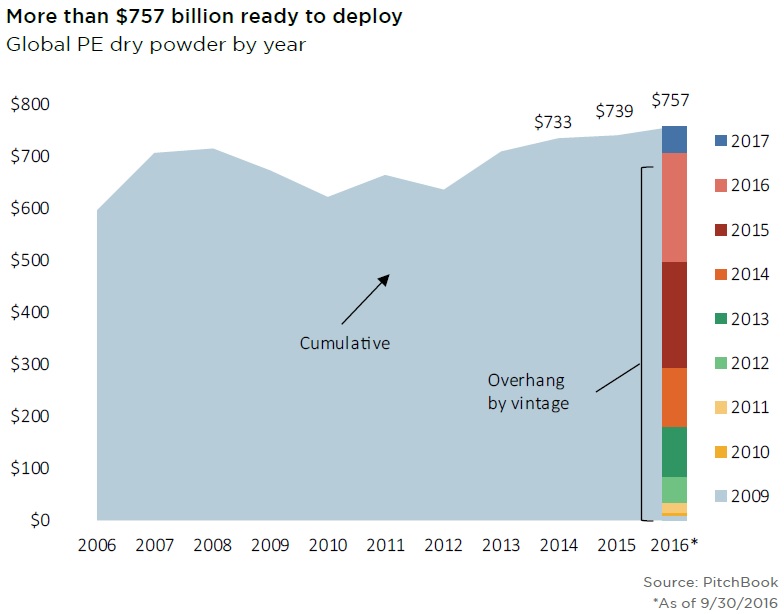Prohibiting litigation at UNC-Chapel Hill and N.C. Central law schools would deal a blow to students’ legal education, the schools’ competitiveness and poor communities who turn to university legal clinics for help, two dozen speakers said Thursday at a public hearing at UNC.
The forum, hosted by a committee of the UNC Board of Governors, came as the system’s governing board is considering a ban on litigation and other legal actions at the state’s two public law schools. A few board members have said that the law centers should not have the ability to bring lawsuits against other government entities.
In a crowded board room Thursday, opponents of the proposal wore yellow armbands as they listened to students, alumni, faculty and clients enumerate problems that could result.
Irving Joyner, a law professor at N.C. Central University, said legal clinics and centers are vital “learning laboratories” that train law students to be ready to practice. They provide real-world experience that is mandated by the American Bar Association and the N.C. State Bar Association, he said, and without them, the public law schools will be unable to compete against private ones.
“Adopting the proposal, which you are now considering, will destroy our law schools,” Joyner told the six board members who attended Thursday. “It will be self-imposed suicide for the public law schools in this state.”
Judith Wegner, former UNC law dean and former president of the Association of American Law Schools, echoed that the proposal would bring harm to the universities’ standing. “I promise you there will be repercussions,”Wegner said.
Many of the comments were focused on the UNC Center for Civil Rights, founded in 2001 by noted civil rights lawyer Julius Chambers, a UNC law graduate who argued major U.S. Supreme Court cases. Privately funded staff attorneys, with the assistance of UNC law students, have taken on legal cases of school desegregation, fair housing and environmental justice for poor and minority clients.
UNC-CH Center for Civil Rights director Ted Shaw in December 2014.
Harry Lynch
hlynch@newsobserver.com
Ted Shaw, director of the center, said the three staff attorneys, along with another faculty member, represent 130 years of experience and are some of the most seasoned civil rights lawyers in the country. They represent clients who sometimes sue government entities such as school boards and counties, but cannot bring cases that are not grounded in fact and approved by the dean, Shaw said.
“We believe the university system ought to be proud of the Center for Civil Rights,” he said. “There is no other embodiment within this state that addresses its long history of legally sanctioned racial subordination and the lasting inequality it produced.”
Intern experience
A number of students and alumni said the most practical experience they had in law school was interning with the civil rights center, where they worked alongside lawyers on briefs and motions and meeting with clents.
Peter Gilbert, a lawyer with Legal Aid in Durham, was a Yale undergraduate and UNC law graduate who served two, two-year fellowships at the civil rights center. He worked with Chambers, as well as partners in national and international law firms.
“My training at the center was exemplary, and went way beyond what is available, to my knowledge, anywhere else,” Gilbert said.
Gilbert is among 600 UNC law students who have worked with the center in the past 15 years.
Mark Dorosin, an attorney with the center, pointed out that it represents clients and does not itself sue anyone. Nor is UNC a party to any of the lawsuits, and more than half of the cases the center takes are resolved without litigation.
Another center attorney, Elizabeth Haddix, described a case in Stokes County, where African American residents needed help after the majority white town council approved fracking in their neighborhood. Wells in the area had already been contaminated by coal ash, Haddix said, and the residents were not technically in the town limits and therefore didn’t have the power to vote for town council members.
Haddix said student interns worked with the community and did research on the community’s petition to the town for annexation. “The town’s continued refusal to annex the community leaves our clients with litigation as the final option,” she said.
She maintained that there is no difference from the center’s work to train students and the work of law clinics that train students in criminal law, tax law or any other area.
Fred Williams, director of clinical programs at NCCU, said the university’s 14 law clinics have taken legal action against government agencies such as the Veterans Administration and the Internal Revenue Service. Durham County Public Defender Lawrence Campbell said at any given time 12 to 20 NCCU law students from three different clinics work with his office.
“They are there because they want practical experience, and we can give it to them,” Campbell said.
The UNC system governing board is not likely to vote on the issue until July.
Shaw, the civil rights center’s director, said it was impossible to ignore that there was a “political and ideological” context behind the proposal. The litigation ban was put forth by board member Steve Long, a Raleigh lawyer who has served on the board of the conservative John William Pope, Civitas Institute. Long did not attend Thursday’s hearing.
“The breadth of this proposal is frightening,” Shaw said. “It is an attack on academic freedom.”

 An American flag flies over Capitol Hill in Washington on Sept. 6, 2016.
An American flag flies over Capitol Hill in Washington on Sept. 6, 2016.